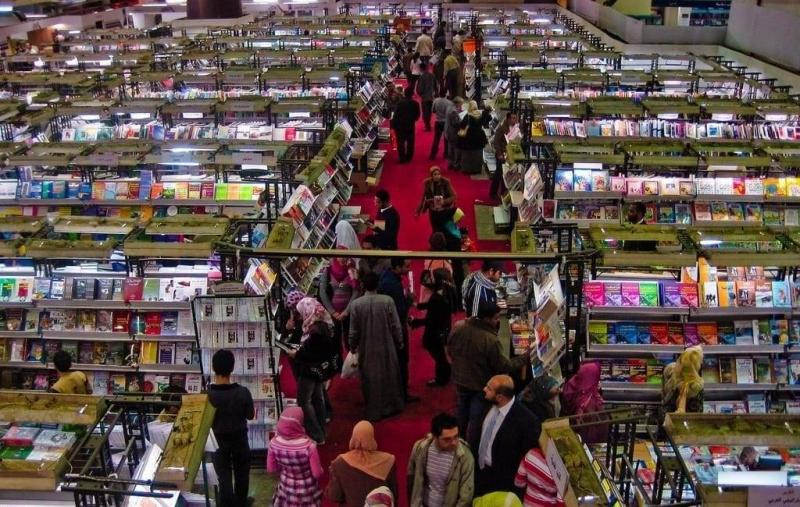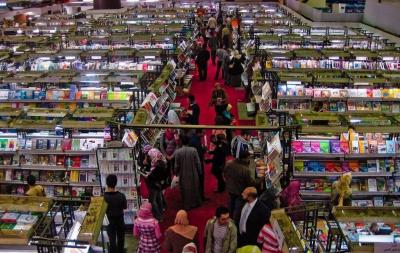Moroccan and Arab intellectuals in Rabat called for translation to be creative and close to the language of the recipient and their culture, rather than merely faithfully transferring a text or discourse. Moroccan novelist Mohamed Chaker stated at a seminar on "Translation and Interpretation" held during the 28th session of the International Book and Publishing Fair in Rabat: "Translation is not just the transfer of a text, discourse, or any documentation from one language to another. Every creative translation is, in fact, a process of hosting the text being translated into another language," considering that "creative translation is the one that brings the text close to the recipient's language while retaining its otherness and strangeness."
Palestinian poet and translator Samer Abu Hawash remarked during the seminar held last night that "the translated text is so well-crafted that it does not seem to be a translated text, thus achieving the aim and the goal by reproducing the text as if you were writing it for the first time." He discussed Al-Jahiz, one of the great writers of the Abbasid era, who deemed it impossible to translate Arabic poetry "due to its miraculity" in meter and rhymes, asserting that translating it into another language "loses its miraculous nature." He also referred to the English translator William Tyndale, who was executed by the church in 1536 for translating the Bible into English and "because of the term (heresy), a loose term for which thousands were crucified, equal to the word infidelity in translation, thus making them a single crime."
Abu Hawash added: "The issues of transferring words are substantial, as every word in its original language carries a weight of meanings, symbols, and intellectual references, and when we move from one text to another language, these issues force the translator to be responsible."
Moroccan critic Abdel Latif Mahfoud addressed the implications and value concerning words within a language, stating that "translation becomes problematic in some cases for other languages that do not possess the same spirit and form." He provided examples from various translations of Lebanese writers Mikhaïl Naimy and Khalil Gibran, noting that even if the meaning was translated differently from the original author's output, and lost some meanings, it might add deeper and broader meanings to the transferred text.
On his part, Moroccan philosopher Taha Abderrahman, an expert in Arab Islamic heritage, mentioned that translation is a gateway to creativity, pointing out that "Arab philosophers who translate modern philosophers agree that translation is creativity and liberation."
The Book Fair, which began on June 1 and will continue until the 11th, hosts a number of Moroccan, Arab, and foreign thinkers and writers, with the Canadian province of Quebec as the guest of honor for this session.




